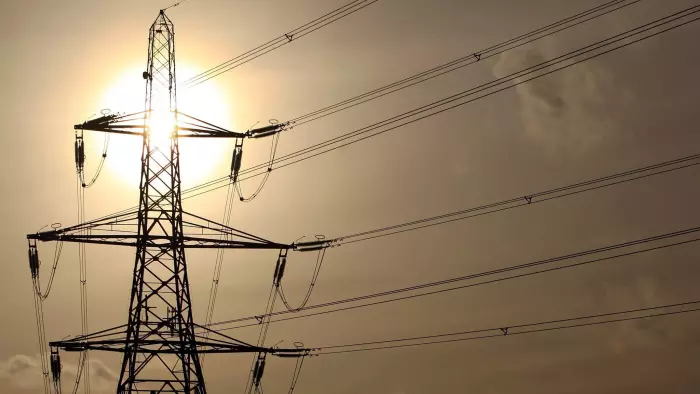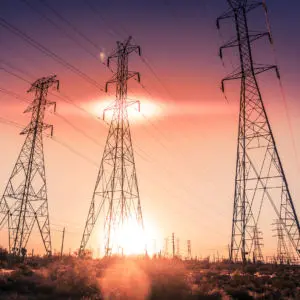Met-Ed users may see higher rates: The utility had agreed to cap a key portion of its fees until 2010
BERKS COUNTY, PENNSYLVANIA - The average Met-Ed residential customer in Berks County would pay $8.83 more a month if the state Public Utility Commission grants a proposed recent rate increase.
Met-Ed's parent company, FirstEnergy Corp., has asked to increase electricity rates for the 152,000 residential, commercial and industrial customers in Berks by a total of $216 million.
The rate hikes also would affect customers in other parts of Pennsylvania supplied by Met-Ed and Penelec, another First-Energy subsidiary.
Company spokesman Scott Surgeoner said the average Met-Ed home customer pays $50.10 for 500 kilowatt hours per month. Under the proposal, that household bill would increase by 17.6 percent, or $8.83.
The PUC must hold public hearings before acting on the requests. The rate increases could take effect as early as June, but PUC Press Secretary Jennifer Kocher said the process typically takes about nine months.
When the electric industry was deregulated, Met-Ed agreed in 1998 to cap electricity generation rates until 2010.
Surgeoner said that when that agreement was made, Met-Ed had expected to focus on transmitting and distributing electricity. The agreement assumed Met-Ed would generate power for only 20 percent of its customers, while 80 percent of customers would buy energy generated by other suppliers.
But Met-Ed and Penelec continue to generate power for virtually all their customers, Surgeoner said, adding that the utilities are annually collecting $300 million less than the cost of generating the power.
The agreement allows the utilities to seek an increase in generation rates if they are unsuccessful in moving 80 percent of the generation load to other suppliers, the utilities said.
Surgeoner said the rate hikes are being proposed now to protect customers from rate shock when the cap expires in 2010.
State consumer advocate Irwin "Sonny" Popowsky said Met-Ed agreed to the cap and should honor its agreement.
Popowsky agreed that raising rates now would cut the size of rate increases after 2010, but only because customers would pay more in the interim. He said rates would be just as high in 2011, no matter when customers started paying.
Related News

ETP 2017 maps major transformations in energy technologies
BERLIN - The global energy system is changing. More people are connecting to the grid as living standards improve around the world. Demand for consumer appliances and electronic devices is rising. New and innovative transportation technologies, such as electric vehicles and autonomous cars are also boosting power demand.
The International Energy Agency's latest report on energy technologies outlines how these and other trends as well as technological advances play out in the next four decades to reshape the global energy sector.
Energy Technology Perspectives 2017 (ETP) highlights that decisive policy actions and market signals will be needed to drive technological development…




